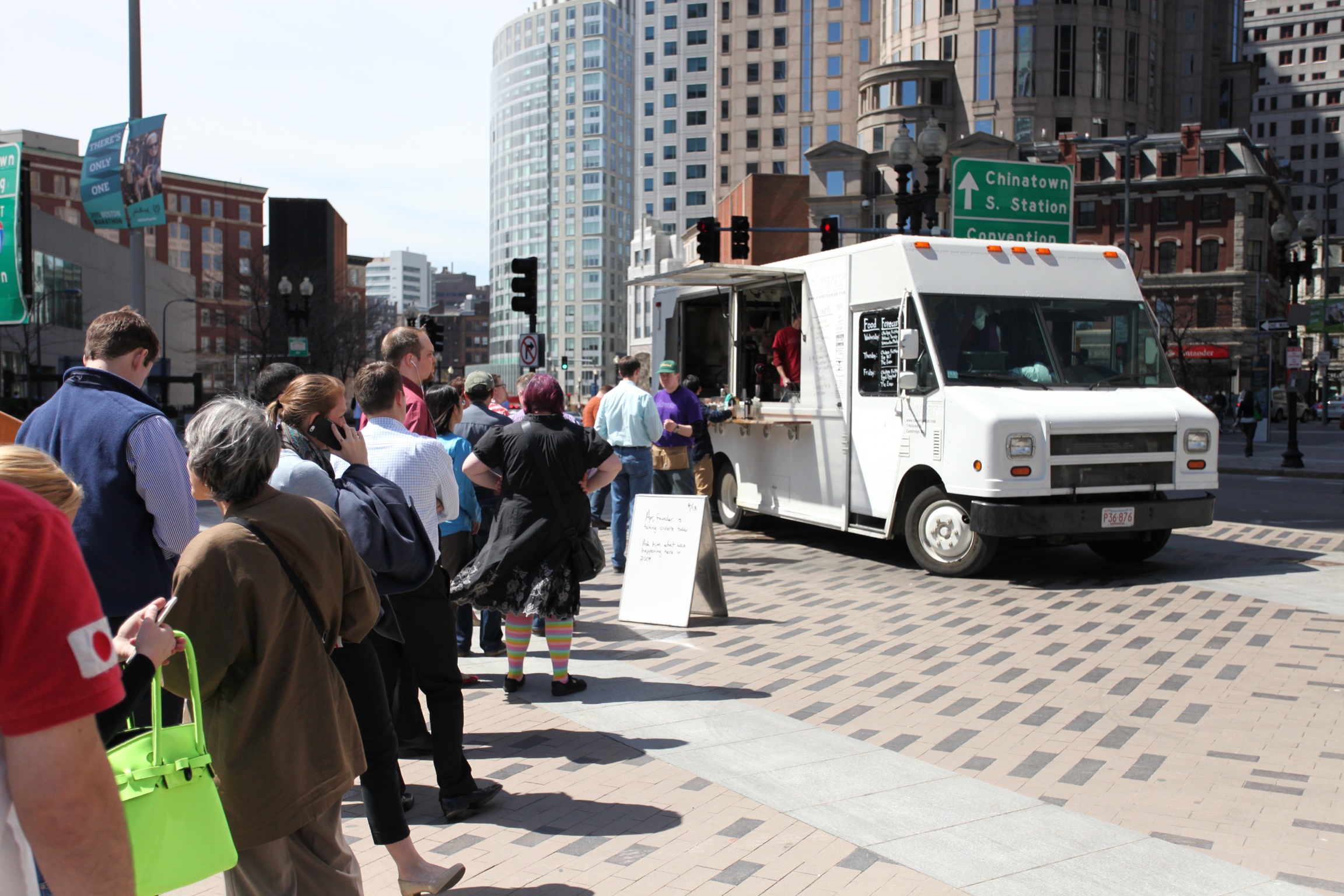The response to the post I wrote Thursday was deep and varied. And I couldn’t be happier at the conversation that is developing. I think we’re dealing with something complicated and important. And I can’t imagine how we’d make progress without involving many people with varying points of view. The story has shown up in a bunch of places, from UniversalHUB to NPR. And of course Twitter and the website have lit up. It’s my hope that this is the first step in a conversation that will unfold over time.
In a few days I’m going to share specifics of the price and wage changes. So stay tuned for that.
In the meantime I thought I’d summarize some of the most common, poignant, and surprising threads of the conversation.
(ALMOST) NOBODY LIKES PRICE INCREASES – This is really clear. There are a few folks who are psyched to see what we’re doing here, but I’d say most people aren’t too happy to pay more. I hope this changes, but I’m not sure it will.
Personally, I’m happy to pay more when I think my money is helping make the world better and I hope there are others like me. But clearly there’s never a very positive response to price increases. This is why others do it very very quietly. We’ve always talked about our price increases openly at Clover which is really really unusual for our industry. For example: do you know how many times Chipotle has increased prices in the past 12 months? Or Panera? Or McDonalds? Or Flour? But we’ve never talked about it as much as we plan to here. Will there be a negative fall-out? Maybe, but I’m hoping instead our willingness to talk honestly helps us develop closer relationships with everybody.
A NUMBER OF FOLKS ARE SKEPTICAL ABOUT FOOD EMPLOYEES EARNING MORE – I just didn’t see this one coming. Comments like “but your employees will earn more than I do…” or “how can you expect people to go to college and get a degree if they can make that much working at a restaurant?” These are much more clear than I’d ever expected, and persistent. And a little venomous. It’s not everybody, but it’s a clear point of view.
To be clear, I think we should spend more money on food. And I think we should pay people in food better. This seems so obvious to me. Not only is good food a ton of fun to eat, it’s the glue for a healthy society. But more than that it should be obvious to anybody who takes a big picture view that we need to spend more on food. Healthcare represents over 17% of the US GDP, the highest it has ever been in history, and the highest of any nation. And what does this have to do with food? 7 of the top 10 killers in the US are directly related to diet, 2 others are indirectly impacted by diet. The way we eat right now costs us dearly, and changing the way we eat may not only make a happier society, it could reduce what we spend on healthcare. So isn’t that something we should invest in?
And shouldn’t the people making that good work happen be rewarded? And for those of you who are wondering about this, try not to assume so much. Many of us do have degrees, and why shouldn’t we? Further, this country has never been a place where people say: “you can’t earn so much because you don’t have a degree.” If that were our approach we’d have a very different society.
MISUNDERSTANDING OF WHAT WE’RE DOING – What are we not doing? We’re not doubling prices overnight. And we’re not moving forward without input. And I don’t fundamentally misunderstand basic econ concepts like elasticity of demand.
What are we doing? We’re creating a 2 way dialog on the issue of pay. We’re going to be increasing prices a little at a time (< $0.25 for sandwiches), investing the majority of the price increase to wage increases, and watching carefully to see the impact on transactions. We’ll keep our eye on the horizon, but step carefully, one little step at a time.
And it’s very obvious to us that if we don’t continue to deliver really delicious food, and if we don’t continue to improve our food and service, this plan just isn’t going to work. So in that sense a lot of the success or failure of this effort is going to hinge on the actions of they employees I’d like to pay more.
Thanks everybody for the notes and thoughts. If I can influence anything in the next round of conversation it would be to focus you all back on the original question: How much do you think Clover employees should earn? Not in a theoretical sense, but in reality. Not many have attempted to answer that question. I think we can do better than we do today, but only with the help of others.


